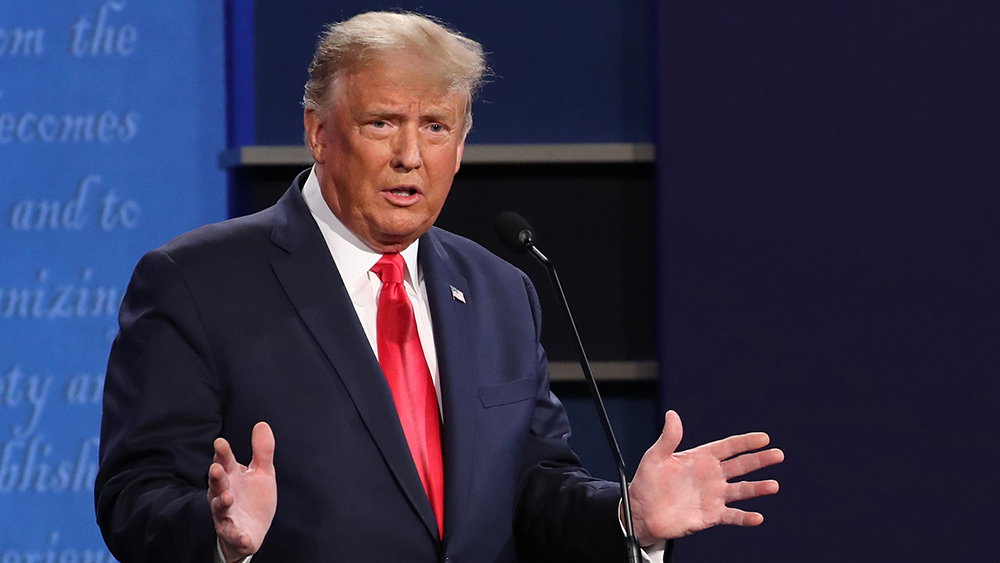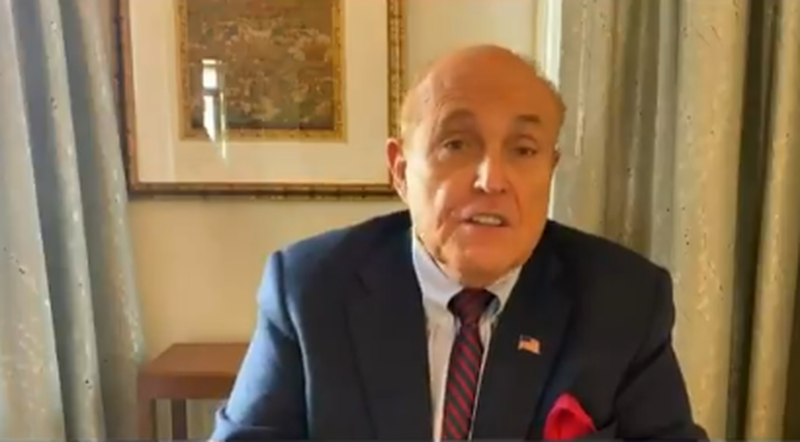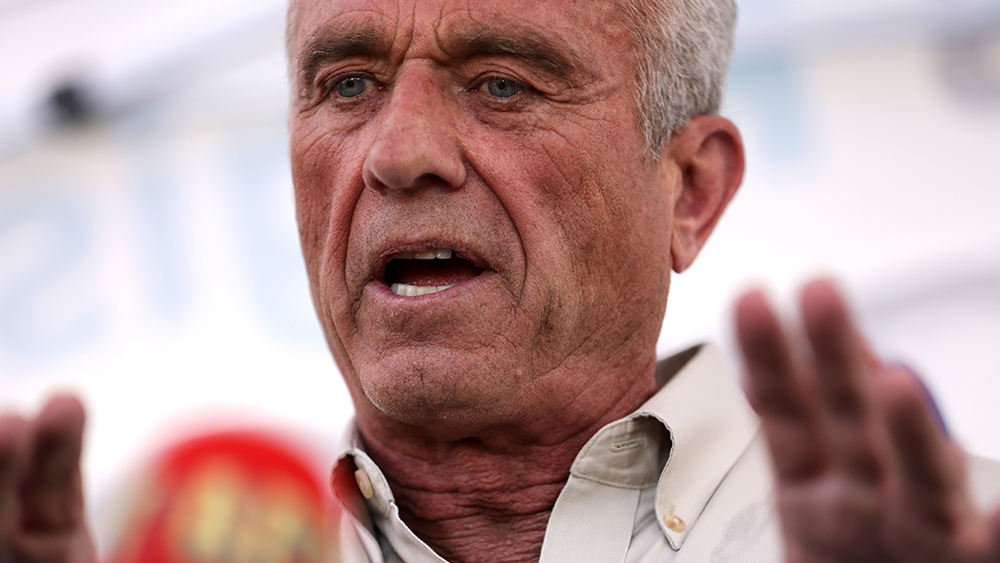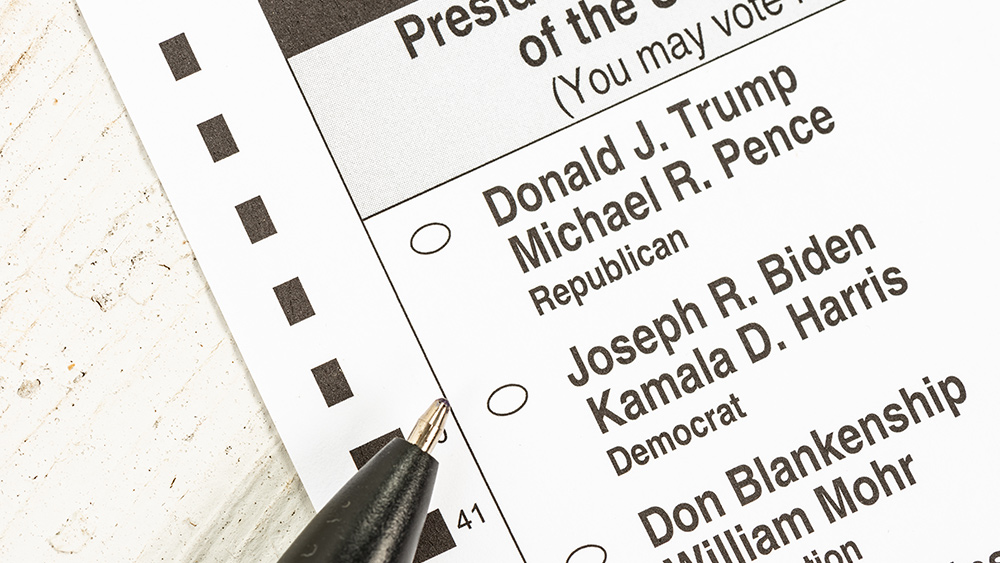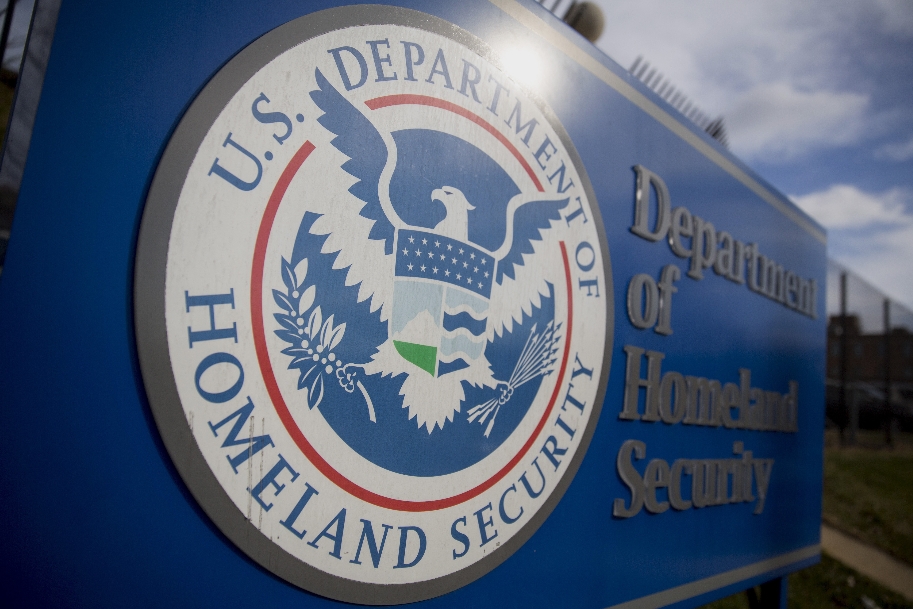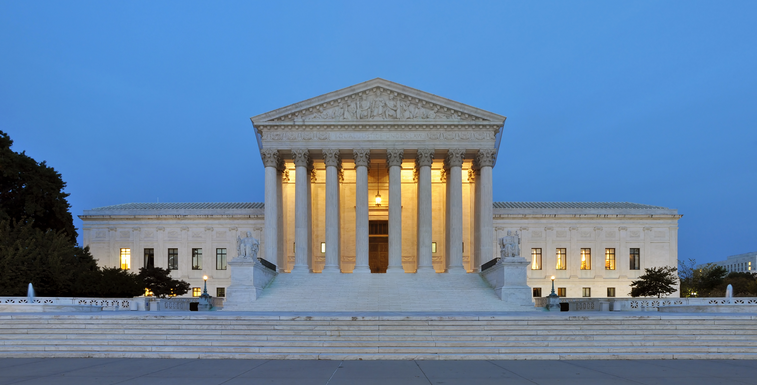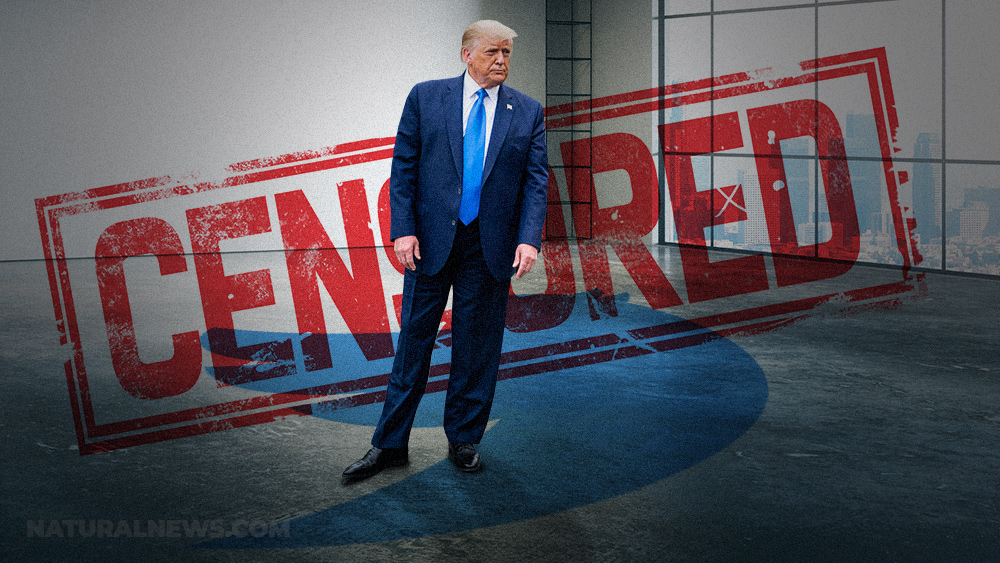Xi shares with Biden his intention to “peacefully” take Taiwan – but full-scale INVASION remains on the table
12/22/2023 / By Richard Brown
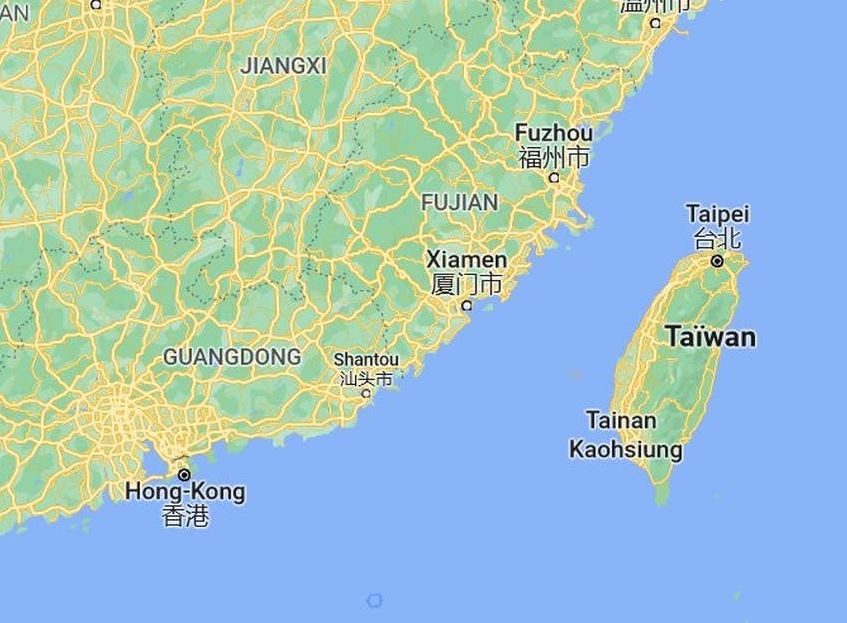
Chinese paramount leader Xi Jinping has conveyed to U.S. President Joe Biden his intention to bring an end to the Taiwan issue, stressing the possibility of a peaceful resolution.
NBC News confirmed the development, citing three current and former U.S. officials. The sources were reportedly briefed of the Nov. 15 meeting, which happened during the 2023 Asia-Pacific Economic Cooperation summit in San Francisco. They recounted that according to Xi, while Beijing’s goal is to unify Taiwan with the mainland, the timing remains undetermined.
The White House also seconded the exchange between the two leaders, but did not delve into specifics. National Security Council spokesman John Kirby nevertheless underscored that Xi’s desire for reunification has been publicly known, and that Washington maintains its “One China” policy by refraining to recognize Taipei as an independent entity.
During the four-hour meeting, Xi expressed a preference for acquiring Taiwan by using peace instead of force. He also refuted assertions by some U.S. military leaders, who speculated on a specific timeline for the reunification. However, it did not yield notable updates regarding the island nation – which has largely ruled itself since the Chinese Civil War ended in a Communist victory in 1949.
The island nation, home to a population of more than 23 million, has a complex history – having been ruled by Japan from 1895 to 1945 followed by a period of Chinese control. It only initiated democratization in the late 1980s. Current Taiwanese President Tsai Ing-wen has maintained Taipei’s independence, which Beijing frowns upon.
But Xi’s government has pursued an assertive foreign policy. These include territorial claims in the South China Sea and the Himalayas, aside from Taiwan. Beijing has also curtailed the autonomy of Hong Kong, formerly a British territory but was returned the the mainland in 1997.
Biden reiterated Washington’s commitment to defend Taiwan if threatened by Beijing, something Republicans found lacking. They have denounced the U.S. president’s perceived leniency on issues such as fentanyl exports from Beijing. Moreover, they have also raised concerns about his relatives’ business dealings with entities linked to the Chinese Communist Party.
These issues are a key focus of an impeachment inquiry by the GOP-controlled House of Representatives. Former President Donald Trump has accused Biden of being influenced by China. Meanwhile, House Speaker Mike Johnson (R-LA) asserts that Biden’s approach to Beijing may be influenced by business relationships involving Hunter and James Biden – the president’s son and brother.
5 Options China can take against Taiwan
According to U.S. Central Intelligence Agency Director William Burns, Xi had instructed the People’s Liberation Army to be prepared for action by 2027. Provocative military exercises showcased capabilities for invasion or blockade, sparking speculation about the timing and nature of a potential showdown over Taiwan. (Related: Taiwan: China may not be ready to invade by 2027.)
Meanwhile, an article by Hal Brands of Johns Hopkins University‘s School of Advanced International Studies outlined five possible strategies Beijing might employ.
The first option, coercion below the threshold of war, is Xi’s current preference. This involves a continuous campaign aimed at weakening Taiwan’s military capabilities and fostering a perception of vulnerability. However, this campaign has inadvertently strengthened Taiwan’s resolve, fostering a sense of identity and resistance against unification.
The second option involves seizing one of Taiwan’s offshore islands. This would create a dilemma for Taiwan and the U.S., potentially exposing them to military conflict over strategically insignificant territories. The third option – a blockade – would isolate Taiwan from the outside world,
The fourth option involves bombardment, targeting Taiwan with bombs and missiles to coerce unification. Lastly, a full-scale invasion – the fifth and most extreme option – would swiftly resolve the Taiwan question.
Brands noted that a full-scale invasion of Taiwan presents considerable challenges. The island nation has certain geographic advantages including mountains, jungles and a significant stretch of water separating it from the mainland. An invasion would require substantial military operations and might trigger intervention from the U.S. and other allies.
Visit CommunistChina.news for more stories about China’s attempts to take Taiwan.
Watch this video that touches on the prospect of Taiwan being taken peacefully.
This video is from the Tommy’s Podcast channel on Brighteon.com.
More related stories:
Taiwan to extend mandatory military service period amid rising tensions with China.
Taiwan to buy 400 American anti-ship missiles as China continues to threaten the island nation.
Domestic crisis may force China to invade Taiwan, lawmaker warns.
Sources include:
Submit a correction >>
Tagged Under:
big government, chaos, China, Chinese Communist Party, conspiracy, deception, invasion, Joe Biden, national security, peaceful approach, People's Liberation Army, PLA, propaganda, reunification, Taiwan, White House, World War III, Xi Jinping
This article may contain statements that reflect the opinion of the author
RECENT NEWS & ARTICLES
COPYRIGHT © 2017 PENSIONS NEWS



